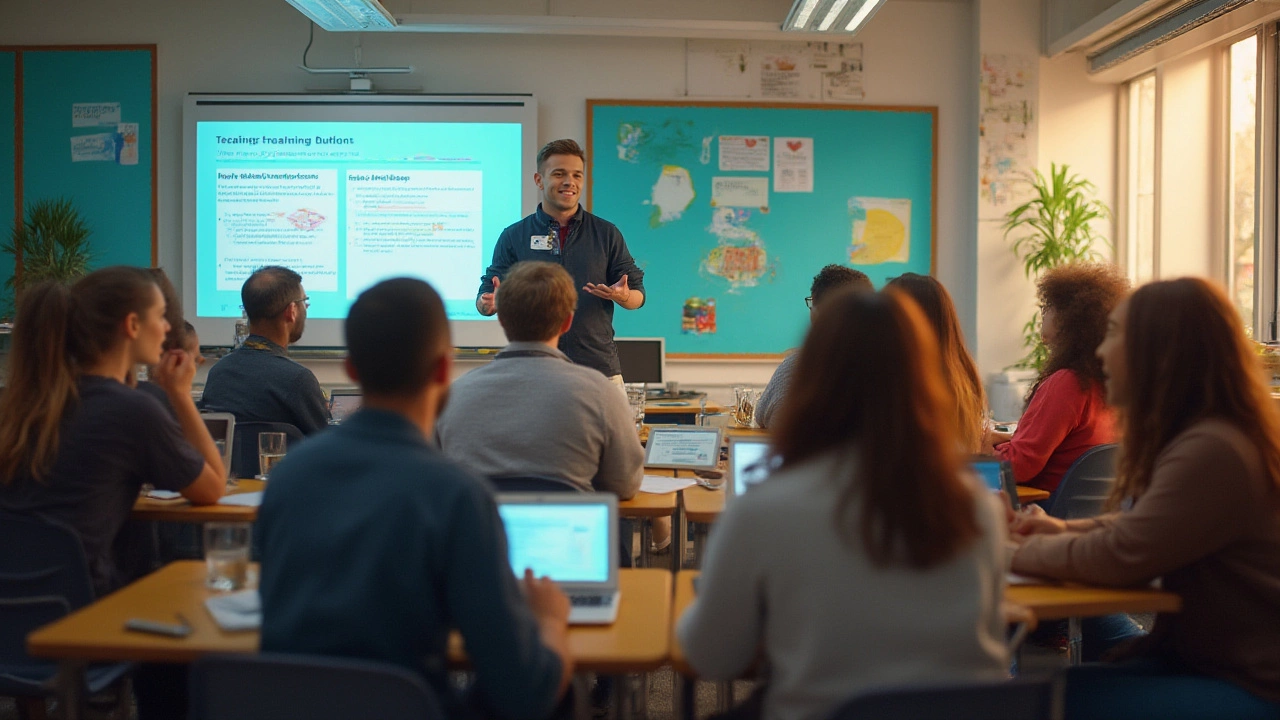Education Resources & Practical Tips for Learners
Welcome to the Education hub on PPE Lessons. Whether you’re a teenager cramming for GCSEs, a university student hunting scholarships, or an adult going back to class, you’ll find bite‑size advice that works right away.
We’ve gathered the most asked‑about topics – quick revision plans, funding options, and how to get the most out of a private tutor. You don’t need a degree in pedagogy to apply these ideas; just a few minutes a day.
Quick Study Hacks for Better Grades
First thing: stop trying to study everything at once. Break your subject into 20‑minute blocks and use a timer. After each block, take a 5‑minute break – your brain actually consolidates info during short rests.
Next, turn notes into questions. Instead of copying a paragraph, ask yourself, “What would I need to explain to a friend?” Then write a short answer. This active recall tricks your memory into working harder.
Another tip is to mix subjects. Studying math, then switching to history, keeps your mind fresh and reduces fatigue. It also builds a habit of flexible thinking, which shows up in exam essays.
Funding Your Education: Scholarships and Online Courses
Money shouldn’t stop you from learning. Start by searching for scholarships that match your field – many are open to any student, not just top‑track scholars. Look for keywords like “community impact” or “leadership” in the description; they often have fewer applicants.
When you find a fit, write a short personal story about why the award matters to you. Keep it under 300 words, focus on one concrete example, and proofread for grammar. A clear, genuine voice beats a polished but vague essay.
Online courses are another budget‑friendly option. Platforms such as Coursera or FutureLearn let you audit classes for free, and you only pay if you need a certificate. Pick courses that align with your career goals – a data‑analysis short course, for example, can boost a resume without a full degree.
If you’re juggling work, try micro‑learning: 10‑minute video lessons during lunch breaks. Consistency beats binge‑watching a whole semester in one weekend.
Finally, consider a private tutor if you’re stuck on a specific topic. One hour a week can clear up confusion faster than endless forum posts. Ask for a trial session to make sure the teaching style clicks with you.
Wrap up: pick one study hack, apply it for a week, and note the change. Then add a funding tip and try it next week. Small steps add up, and before you know it, you’ll be hitting your learning goals without stress.

















